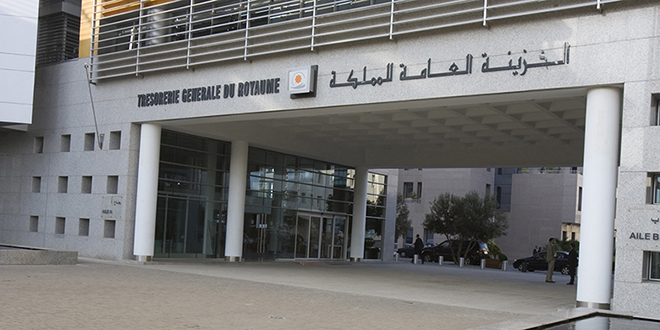The public sector in Morocco is set to make a substantial investment of 340 billion MAD for the year 2025, according to the Finance Bill (PLF 2025). This significant financial effort will be distributed across various public entities, each targeting key sectors for national development.
The largest portion of this investment, 138 billion MAD, will be allocated to public establishments and enterprises (EEP). These funds will support critical industries such as energy, telecommunications, housing, agriculture, electricity, and water. Additionally, sectors like phosphates and their derivatives, highways, and transportation infrastructure—whether air, sea, or rail—will benefit from this financial injection.
Another 120.5 billion MAD will be sourced from the general budget, special Treasury accounts (CST), and state-run autonomous services (SEGMA). The primary focus of these funds will be on strengthening the national road network and supporting agriculture, water and forestry, audiovisual media, housing, justice, culture, and sports. Financing for socio-educational programs will also fall under this category.
The Mohammed VI Investment Fund, a cornerstone of Morocco’s development strategy, will contribute an additional 45 billion MAD, further bolstering the country’s economic growth. Local governments, or territorial collectives, will invest 21.5 billion MAD to enhance infrastructure, improving the quality of life for citizens across regions.
Lastly, 15 billion MAD will be allocated to a special fund aimed at managing the impacts of the recent earthquake that affected Morocco. These funds will go toward reconstruction efforts and the provision of necessary support to the affected populations.
The investment plans of public establishments and enterprises will primarily focus on sectors like energy and telecommunications, as well as the development of key infrastructures for housing, agriculture, potable water supply, and phosphate-related industries. There will also be a strong emphasis on transportation, including highways and air, maritime, and rail networks, essential for boosting Morocco’s connectivity and economic competitiveness.
For special Treasury accounts (CST), the focus will be on projects that enhance the road network and support agricultural, forestry, and water resource management. Additional projects will promote development in areas such as audiovisual production, housing, justice, culture, sports, and socio-educational initiatives.
The investment budgets for local governments will prioritize infrastructure projects aimed at improving daily living conditions for Moroccan citizens. These efforts will concentrate on extending and upgrading road and sanitation networks, constructing cultural, sporting, and recreational facilities, building markets and public buildings, and developing parks and green spaces.
This extensive public sector investment plan underscores Morocco’s commitment to advancing critical infrastructure, bolstering economic sectors, and improving social services, all while addressing the aftermath of natural disasters.
